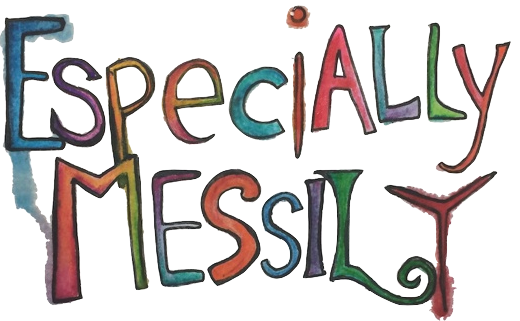Open letter to everyone involved in the production of The Monkey Queen:
I’m writing to express my deep disappointment that this production involves the use of American Sign Language (ASL), but did not involve any consultation or collaboration with any members of Missoula’s Deaf community, and does not include any performances with ASL interpretation. The show looks like a really interesting production and it is great to see deaf characters and sign language included in public performance art. However, this particular production is problematic on two main counts: the “ASL Consultant” is neither deaf nor fluent in the language, and none of the shows are accessible to the Deaf community.
There are many deaf people in Missoula, including several with dance/performance backgrounds. Hiring a beginner-level hearing person as the ASL consultant both eliminated a potential role for Deaf artists to be involved, and resulted in inaccurate and poorly performed signing. (I have not seen the show, and don’t plan to- I do not support inaccessible theater. However, preview videos available on social media provide plenty of evidence for this assertion.) The person listed as the ASL consultant is not fluent, is not a member of the Deaf community, and is not qualified to provide consultation on theatrical ASL. A Deaf person should have been hired for the role.
The fact that no interpreted performances are scheduled adds insult to injury. The publicity materials for this work include the use of ASL as a selling point, but the work did not involve collaboration with ASL users and is not accessible to them. According to Matt Loehrke, the writer/director (and the Education Director for the Missoula Children’s Theater), The Monkey Queen provides “a young audience an introduction to these styles of performance, both enlightening them to ASL performance and empowering them to explore ASL after the performance.” Unfortunately, it is clear from the lack of accessibility that Loehrke’s conception of “a young audience” does not include any of the deaf or hard-of-hearing children in the Missoula area.
Both of these issues- the lack of a Deaf ASL consultant and the lack of accessibility for the performances- are deeply problematic. Deaf people are a historically and currently marginalized group, and using our language as a selling point without collaboration or access is an act of linguistic and cultural appropriation. Again according to Loehrke, “The use of ASL is a pivotal plot point that demonstrates enlightenment and empowerment.” It would be nice if enlightenment and empowerment were also available to members of the community being represented. The show should have had a deaf consultant for both content and ASL, and should have planned on providing full access via ASL interpretation for all performances.
I hope that you will consider an apology to the Deaf Community for the cultural appropriation in this work, and that in future projects you will consult with actual members of the cultures you are representing.
Cecily Whitworth
ASL translation:
Show's page:
https://www.facebook.com/events/2285630008345681/
